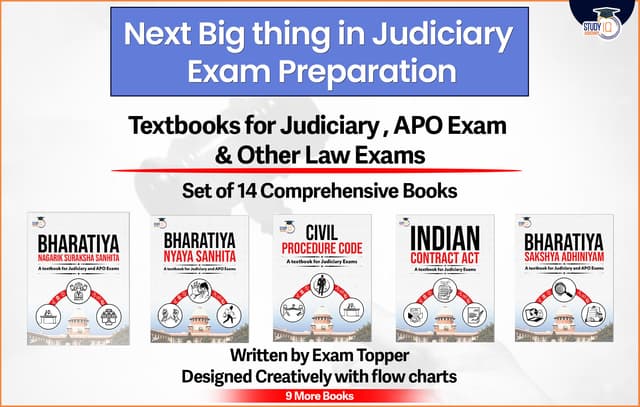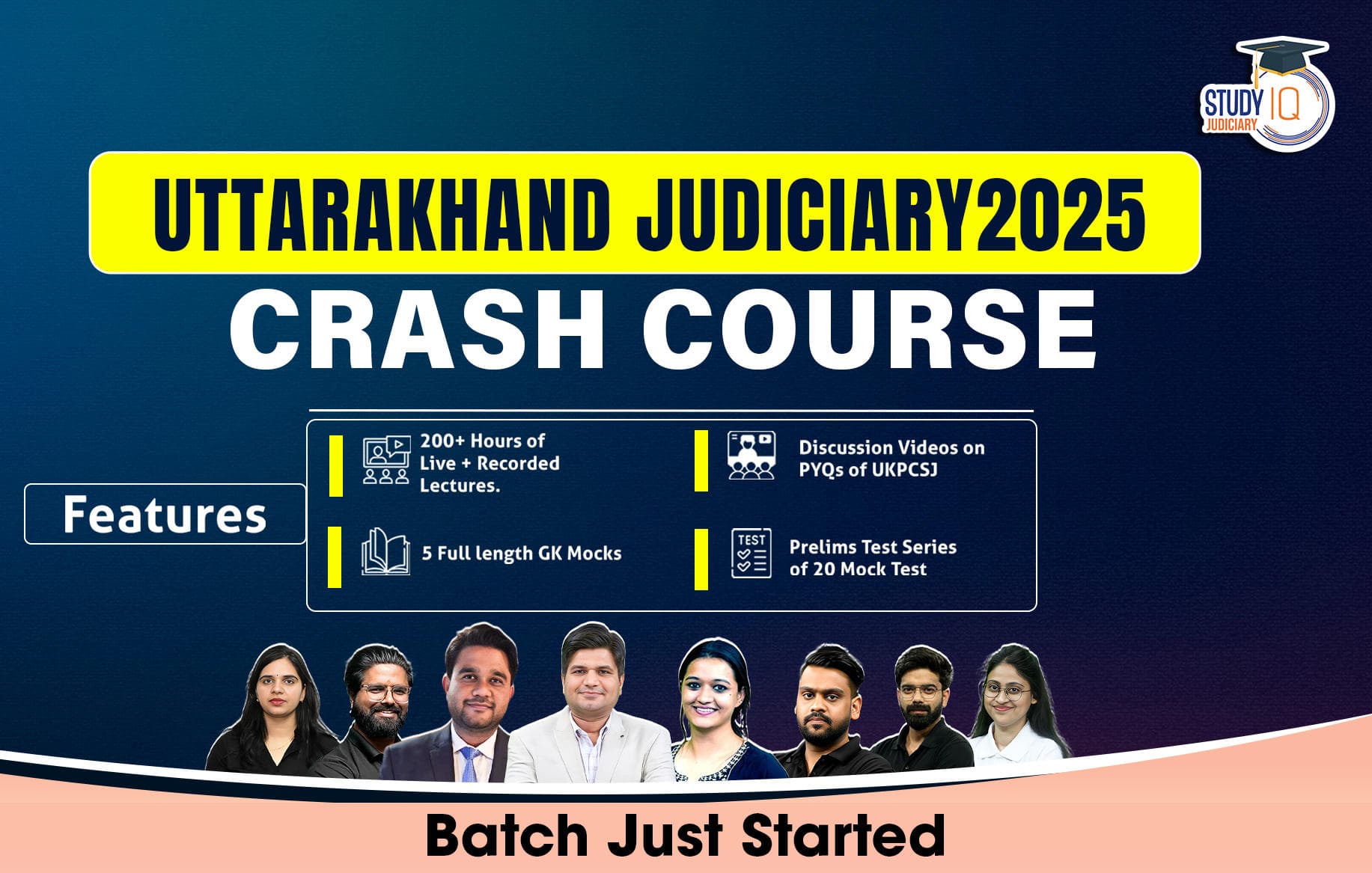Table of Contents
The All India Bar Examination (AIBE) 20, conducted by the Bar Council of India (BCI), is mandatory for law graduates who wish to practice law in India. Understanding the eligibility criteria is the first step for aspirants to ensure they can appear for the exam without any issues. This guide provides complete information about age limits, educational qualifications, and other eligibility requirements for AIBE 20 2025.
AIBE 20 Eligibility Criteria
To take the AIBE exam, the Candidate must be a Citizen of India. You should have finished a 3-year or 5-year LLB degree from a law school approved by the Bar Council of India (BCI). There are no minimum marks required, and there is no minimum & maximum age limit. You also need to be registered with your State Bar Council and have an advocate enrollment card from them.
| Particulars | AIBE 20 Eligibility Criteria |
|---|---|
| Educational Qualification | Candidates who have completed a three-year or five-year LLB degree can take the AIBE 20. So, having either of these degrees eligible for you to take the AIBE.
|
| Minimum marks in qualifying exam | The BCI mentions no minimum marks are required for appearing in the AIBE exam. 40 % for General and 35 % for other categories |
| Age criteria | There is no upper or lower age limit for appearing in the All India Bar Examination. |
| State Bar Council Enrollment | A candidate must be registered with their State Bar Councils as an Advocate. As State Bar Council enrollment is mandatory for AIBE eligibility. Candidates not enrolled as an advocate with the SBC, will not be eligible to apply for AIBE 2022. |
AIBE XIX Number of Attempts
The BCI has made it clear that there is no limit you can try the exam as many times as you want. If you fail many times, you can keep trying. You should pass the AIBE within two years of your provisional enrollment with the State Bar Council.
| AIBE Attempts | |
| Number of Attempts | No Limit |
Enrollment for State Bar Council
In 2017, the Bar Council of India made it clear that any candidate who is registered with a State Bar Council can take the AIBE exam. They explained that advocates who have been enrolled for more than two years can still take the exam as many times as they wanted to pass. The only requirement is that you must pass the AIBE within two years of being enrolled to practice law. According to the BCI’s rules, there is no limit on the number of times you can attempt the AIBE, as long as you are working towards passing it. So, if you have been enrolled with a State Bar Council for over two years, you are still eligible to take the AIBE exam to get your Certificate of Practice.
Also, Check AIBE 20 Syllabus 2025
AIBE XIX Eligibility for Obtaining COP
To get a Certificate of Practice after taking the AIBE exam, candidates must score at least the minimum marks set by the BCI. Here’s what you need to know Candidates from the General and OBC categories must score at least 40% of the total marks in the AIBE exam to be eligible for a Certificate of Practice. Meanwhile, candidates from the SC, ST, and PWD categories need to achieve a minimum of 35% of the total marks.
| Eligibility Criteria | |
|---|---|
| Minimum passing marks | 40 % General and 35 percent for other categories |
AIBE 20 Eligibility for Physically Challenged Candidates
The academic eligibility criteria for AIBE are the same for all candidates, including those who are physically challenged or disabled. However, these candidates must have a disability certificate from a medical authority. The certificate should state that they have 50% or more disability in categories such as blindness, amputated arms, or other physical impairments. With this certificate, they can get an extra 20 minutes per hour for the AIBE exam, adding up to an additional hour of exam time.
AIBE 20 Exemptions
The BCI has set some rules for who doesn’t need to take the AIBE exam:
- Law graduates who completed their three-year or five-year LLB degree before 2009-2010 do not have to take the AIBE. They can practice law in India without Certificate of Practice (CoP).
- Graduates from 2008 or earlier, who enrolled later (no matter when they enrolled), are also exempt from taking the AIBE.
Documents required for AIBE 20 Registration
Before filling out the AIBE 20 2024 Registration Form, candidates should have the following documents: Matriculation Certificate, Intermediate or Diploma Certificate, and 3-Year or 5-Year LLB Certificate, should have a passport-size photograph, their signature, and an Advocate ID Card if issued by the State Bar Council. Candidates should also have their Enrollment Certificate, scanned copies of their photo and signature, and a Category Certificate/Disability Certificate if applicable.


 CGPSC Prelims Answer Key 2026: Download ...
CGPSC Prelims Answer Key 2026: Download ...
 CGPSC Question Paper 2026 – Download C...
CGPSC Question Paper 2026 – Download C...
 Graphic Processing Units (GPUs) – Work...
Graphic Processing Units (GPUs) – Work...



















